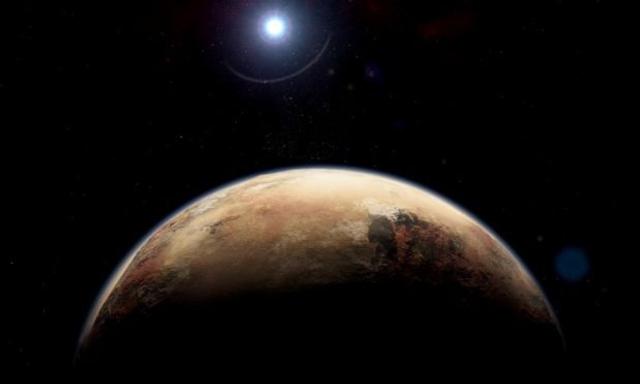"My Very Educated Mother Just Showed Ups Nine Planets." We all recall the mnemonic (totally didn’t need to google what that memory thing is called, *cough*) that helped us learn and remember the nine planets of the solar system.
It’s been ingrained in us since primary school, but then science came along and declared Pluto was not a planet but a dwarf planet (Apparently the mnemonic then became "My Very Educated Mother Just Served Us Nachos" but we’ve never heard of that – possibly it was an American thing).
In any case, it would now seem now that Pluto may regain its planet status. A team of NASA scientists— led by Alan Stern, who headed NASA’s mission to Pluto in 2015 and has been a long-time Pluto advocate, calling its demotion to a dwarf planet “bulls***” — has proposed changing the definition of a planet.
If approved, it would reverse a decision the International Astronomical Union (IAU) made a decade ago to demote Pluto to a “dwarf planet.”
The IAU is tasked with defining and naming planetary bodies. Stern’s team, in simple terms, suggest a planet should be redefined as “round objects in space that are smaller than stars.” A planet is currently defined as a celestial body orbiting our Sun with enough mass to make it round in shape and to clear its own orbit of other objects.
They argue in their proposal that the planet definition the IAU adopted then is “flawed” and “simplistic.” They argue that a planet’s location or size shouldn’t matter so much as its physical properties. They plan on proposing a new definition of “planet” at the upcoming Lunar and Planetary Science Conference in March.
The new definition that Stern and his New Horizons colleagues are proposing would not only restore Pluto’s planet status, but also give many more objects in our solar system the "planet" designation, including our moon and the moons orbiting other worlds.
So yeah, we went from having nine to eight planets in our solar system, and now we could have over a hundred. Fascinating stuff.








































































